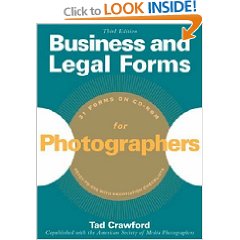
You might not consider an investment website like The Motley Fool to be a place to learn how to blog effectively, but think again. Learn by example by taking a good, long look at their great article This Week’s 5 Dumbest Stock Moves. Let’s break it down–why is this piece so excellent? How can you learn from this post? It’s simple, really:
1. An eye-grabbing headline makes you want to read more. Why are these stock moves so dumb? What makes the writer think these companies are wrongheaded and silly? You’ve already got a million questions and you’ve only just read the headline. Brilliant.
2. The use of “Top Ten” and other numbered lists ala David Letterman is a proven winner when it comes to getting your attention quickly.
3. Each entry in the top five gets its own goofy, but still clever subhead. Corny as they often are, you get an idea of what’s to come without duplicating the content in the first paragraph. Well done, Motley Fool!
4. The meat of the writing under each subhead is easy to understand–OR is explained in layman’s terms to help the uninitiated. ThisFool.com blog post is a very good example of writing clear, concise material for an audience of varying levels of understanding of a complicated topic. The subhead teases you, but the paragraphs themselves give you plenty to chew on without choking on the finer points of investing.
5. The article is chock full of relevant outbound links to help you further understand the piece. Note that some of the most relevant outbound links are very close to those clever subheads. Coincidence? Perhaps not.
Take a lesson from Fool.com and watch interest in your next blog post rise.
 When the Gotham police department wants to get Batman’s attention, they have it easy. Shine the Bat-Signal on the clouds and hope he’s not sleeping it off somewhere. When bloggers want to attract attention, they have to do a bit more work.
When the Gotham police department wants to get Batman’s attention, they have it easy. Shine the Bat-Signal on the clouds and hope he’s not sleeping it off somewhere. When bloggers want to attract attention, they have to do a bit more work.

 No, he doesn’t. But that headline serves two purposes—the first is it definitely grabs your attention. Even if it’s just for a moment. The second is, for better or worse this headline will be scooped up by Google and will give yours truly a lot more clicks.
No, he doesn’t. But that headline serves two purposes—the first is it definitely grabs your attention. Even if it’s just for a moment. The second is, for better or worse this headline will be scooped up by Google and will give yours truly a lot more clicks.
